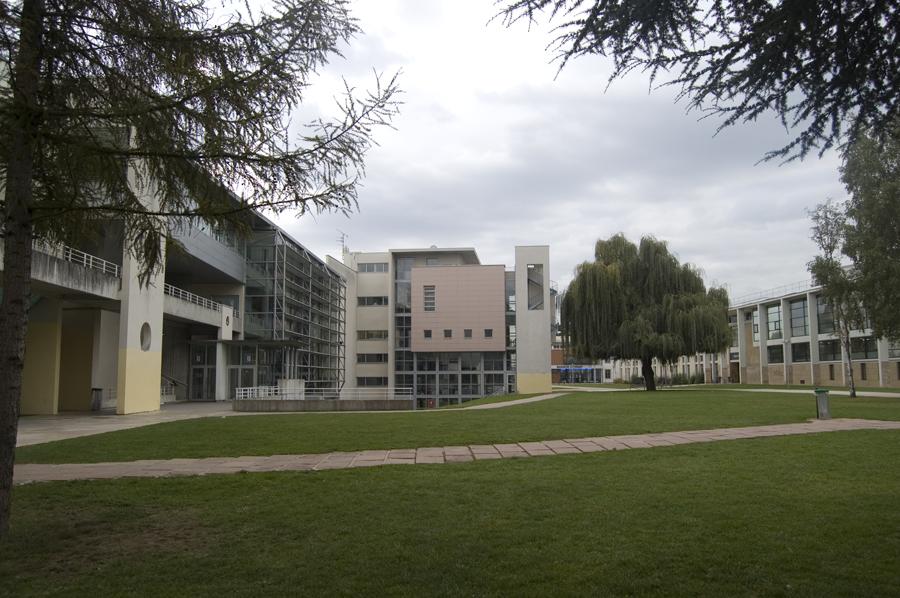
A guideline to move from academia to industry – part 1.
Knowledge and skills transfer.
Early or later, almost every academic worker starts facing a big dilemma: whether to stay in academia or to move to industry. There is no doubt that both ways of career development have evident and obscure pros and cons. It is also clear that nobody except you can decide wither to pursue career inside academia or to explore other options.
But let’s assume that the decision to take a step changing your career is taken. And you start looking for the entrance door to the world of business that is relatively new and unknown for you.
Unfortunately, very soon you may realize that the skills that you possess, and that were rated highly at the University, do not look too appealing for people hiring for companies. The problem is that industrial and academic sectors demand the skillsets, which do not completely overlap with each other.
Regardless of whether you are a recent PhD or Masters graduate, a post doc or a mature university professor, you will meet similar factors influencing the final employer’s decision.
-
Knowledge. This is obviously the most valuable skill that you have. The knowledge develops the way you think about technical and general problems, it makes the decision making process more full and informative and gives you a set of tools to address many technical challenges. But you should remember that it does not necessarily make you ready for taking immediate action that is required in many real-world situations.
The reality is that the potential industrial employer is mostly interested in how can you use your knowledge in practice rather than how you demonstrate your research competence. A general recommendation from me is not to list the research projects that you have participated or coordinated, but to show in your CV how a fundamental idea led to the real product (software or prototype, for example) or that you, at least, possess an detailed understanding of best practices in your field.
-
Critical thinking. This is the skill that you learn during your study that is probably considered the most valuable by your future employer. Fundamentally critical thinking means that you can identify advantages and disadvantages of approaches to address a certain problem proposed by other people. Apart from the knowledge base it requires the high level of intellectual capability that is scalable and transferable to industrial settings.
My recommendation is to demonstrate your high critical thinking abilities in your CV focusing on the way you think about problems, goals and priorities. For that you should probably rethink the core idea of your PhD or Masters study: practically it can be useful to take PhD as a research training leading to a professional qualification rather than a solid scientific work. -
Communication and social skills. Speaking from my experience, the lack of communication skills is one of the most significant problems that many academic people are facing. Relatively close environment, every day thinking about fundamental research problems and absence of need to motivate other people on the daily basis sometimes lead to formation of an introvert, reserved and even antisocial character.
Depending on the institution you are coming from, there are some or several opportunities to extend your ideas to other people: conferences, internal meetings, invited talks and others. However, I met a lot of mature scientists that have given hundreds of talks, but still have their presentation skills at a low level.
Recruiters who specialize in the PhD job market are perfectly aware of this potential problem. That is why one of your primary goals is to convince them that you are ready for effective teamwork.
The only mean that you have at the first step in finding a job is your CV or resume through which you are advised to (1) prove your developed communication skills and (2) show that you are a highly intelligent, but open-minded person.
One more significant strength that you may possess is the intercultural communication skills. Many of the modern PhD and Masters educational programs are conducted within an international environment. Regardless of your status, whether you belong to the PhD/Masters student community or to senior scientific staff, you meet and regularly communicate with representatives of different nationalities. It inevitably raises your multilingual and intercultural communication skills. So, don’t forget to state it explicitly in your CV or resume.
In the second part of this guidance I will cover other relevant skills that recruiters and HRs find relevant for academic candidates changing way of their career development.
Information about the author
Maxim Khalilov, PhD is the R&D manager at TAUS B.V and the co-founder of NLPPeople.com. He is a former post-doctoral researcher at the University of Amsterdam, intern at Macquarie University (Australia) and a PhD student at the Polytechnic University of Catalonia (Spain).
